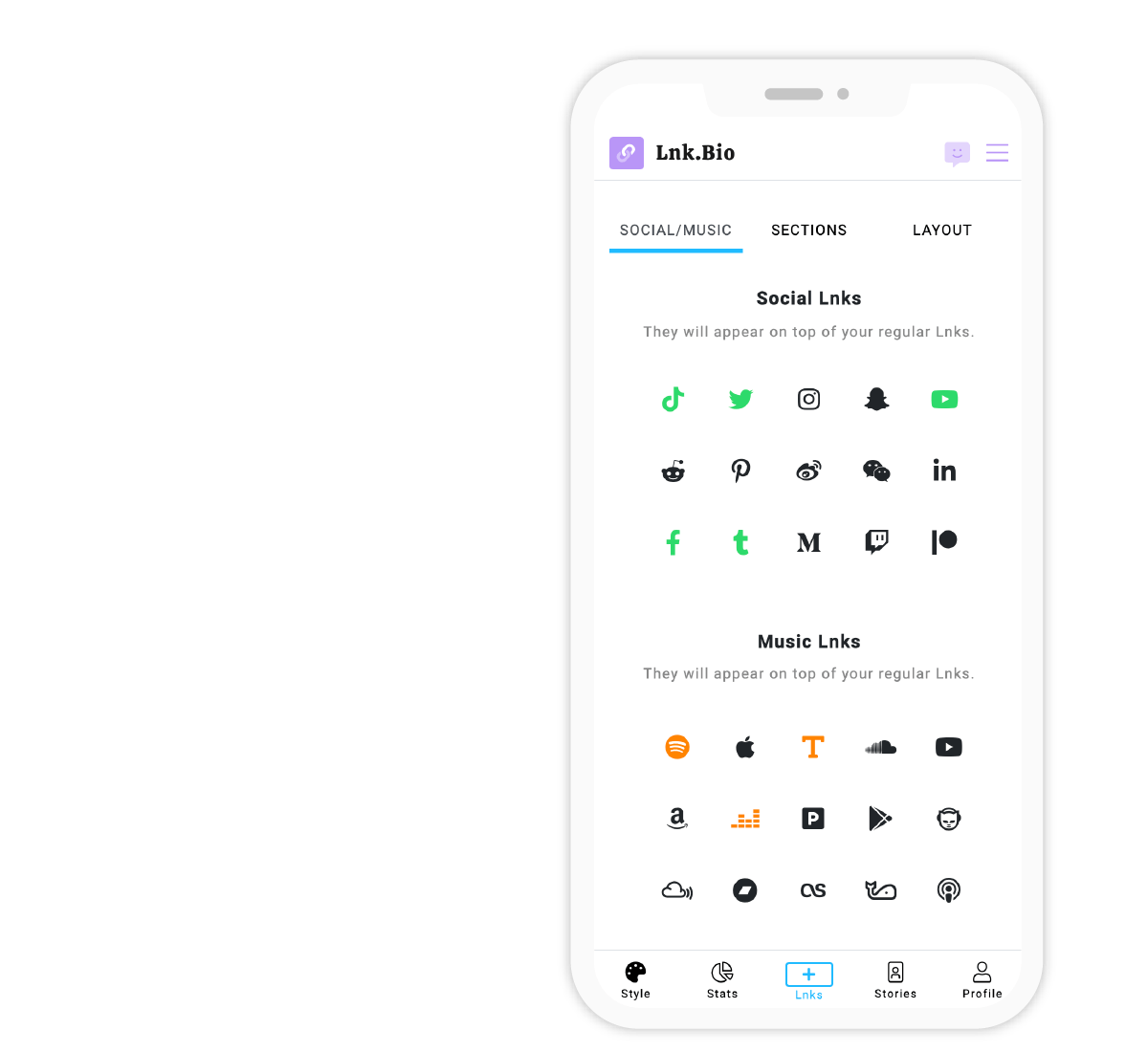5 Shocking Facts About Nicoleponyxo Leaked Content

Introduction
In the digital age, the line between privacy and public exposure is thinner than ever. The recent leak of content associated with Nicoleponyxo has sparked widespread debate, curiosity, and concern. While the internet thrives on sensationalism, it’s crucial to approach this topic with nuance, understanding the broader implications of such incidents. Below, we uncover five shocking facts about the Nicoleponyxo leaked content, shedding light on the complexities of online privacy, ethical considerations, and the human stories behind viral controversies.
1. The Leak Was Not an Isolated Incident
The leak of Nicoleponyxo’s content is not an anomaly but a symptom of a larger issue plaguing the internet. According to a 2023 report by the Cyber Civil Rights Initiative, 90% of victims of non-consensual content leaks are women, with online creators being disproportionately targeted. These breaches often stem from hacked accounts, revenge porn, or unauthorized data mining. Nicoleponyxo’s case highlights the vulnerability of digital platforms, where even encrypted files can be exploited.
2. The Content Was Spread via Dark Web Networks
Unlike typical viral content, the Nicoleponyxo leak was not confined to mainstream social media platforms. Instead, it originated from dark web networks, where anonymity shields perpetrators from accountability. Cybersecurity experts estimate that 70% of leaked content is first shared on the dark web before making its way to public platforms. This underground distribution makes it nearly impossible to trace the source, complicating efforts to remove the content.
“The dark web operates as a shadow ecosystem, exploiting legal loopholes and technical complexities to thrive,” says Dr. Emily Carter, a cybersecurity analyst.
3. Victims Often Face Severe Psychological Consequences
Beyond the immediate scandal, victims like Nicoleponyxo endure profound psychological trauma. A study published in the Journal of Cyber Psychology found that 65% of individuals whose private content is leaked experience symptoms of PTSD. The constant fear of judgment, loss of reputation, and violation of trust can derail personal and professional lives. Nicoleponyxo’s case underscores the urgent need for mental health support systems tailored to online harassment victims.
4. Legal Recourse is Limited and Often Ineffective
While many countries have laws against non-consensual content sharing, enforcement remains a challenge. In Nicoleponyxo’s case, the leak likely involved international actors, complicating jurisdiction issues. Additionally, only 28% of reported cases result in legal action, according to the Electronic Frontier Foundation. The slow legal process and lack of specialized legislation leave victims with few options for recourse.
| Country | Legal Framework | Effectiveness |
|---|---|---|
| USA | Revenge Porn Laws (varies by state) | Moderate |
| UK | Voyeurism (Offences) Act 2019 | High |
| India | IT Act Section 66E | Low |

5. The Role of Public Perception in Amplifying Harm
Public reactions to leaks like Nicoleponyxo’s often reveal troubling attitudes toward privacy and consent. A survey by Pew Research Center found that 43% of respondents believe victims share partial responsibility for leaked content. This victim-blaming narrative perpetuates harm and discourages survivors from seeking help. It’s crucial to reframe the conversation, emphasizing that privacy violations are never justified, regardless of the content’s origin.
Conclusion
The Nicoleponyxo leaked content saga is more than a viral scandal—it’s a stark reminder of the fragility of online privacy and the urgent need for systemic change. From the dark web’s role in dissemination to the psychological toll on victims, this incident exposes critical gaps in our digital infrastructure and societal attitudes. As we navigate this complex landscape, let’s prioritize empathy, advocacy, and accountability to protect the rights and dignity of all individuals.
What can individuals do to protect their digital privacy?
+
Use strong, unique passwords, enable two-factor authentication, and avoid sharing sensitive content on unsecured platforms. Regularly audit your digital footprint and stay informed about cybersecurity best practices.
How can society better support victims of privacy leaks?
+
Offer emotional support, avoid sharing leaked content, and advocate for stronger legal protections. Challenge victim-blaming narratives and promote awareness about the long-term impact of such incidents.
What legal steps can victims take if their content is leaked?
+
Document all evidence, report the incident to platform moderators, and consult with a lawyer specializing in cybercrime. Depending on jurisdiction, victims may pursue charges under revenge porn or privacy violation laws.


